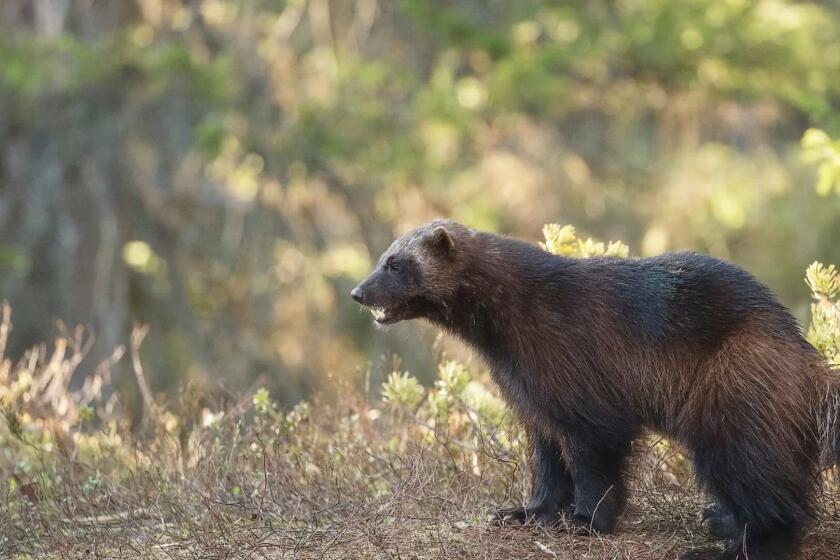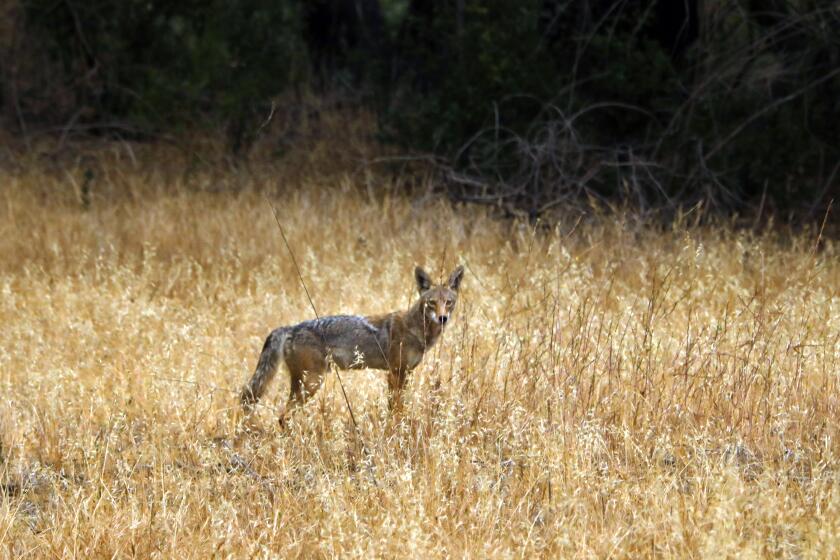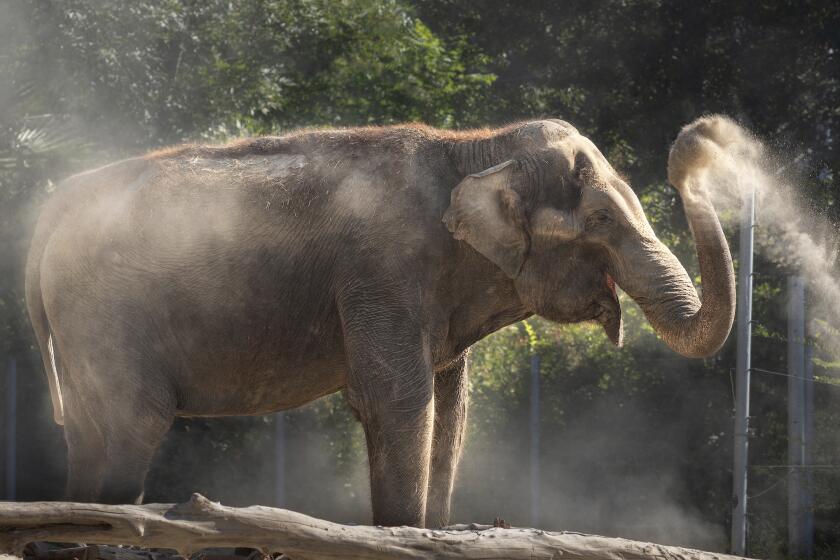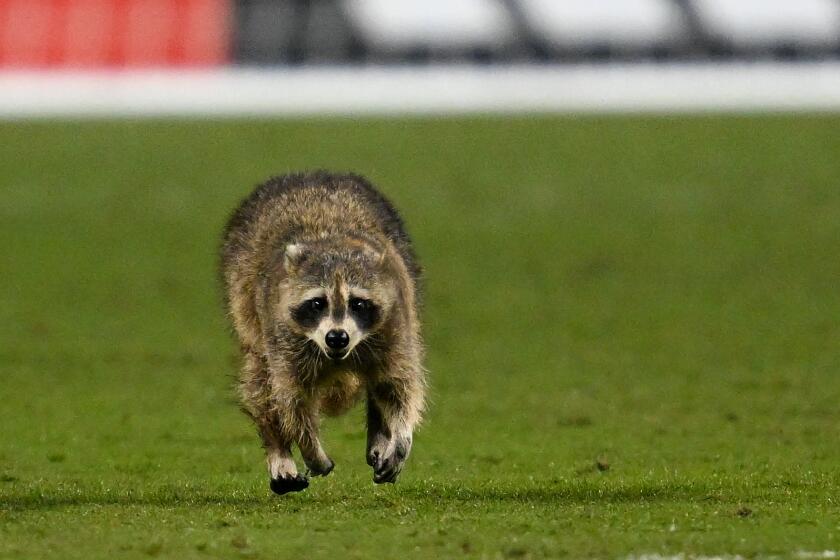More Than Mad Cow
The thriving, trillion-dollar-a-year U.S. livestock industry has suffered only a small downtick in production since December, when federal officials announced the nation’s first case of mad cow disease. Herds of cattle, sheep and pigs, however, are still poorly protected by outdated rules that leave the meat industry open to diseases that are endemic elsewhere in the world.
American regulators’ slaughter-first, ask-questions-later approach to infectious animal diseases made sense before trade was globalized and agriculture industrialized. Today, infections can come through the international terminal at LAX, and industrial farms keep millions of cattle in close quarters.
A growing number of safety experts warn that the United States, by failing to foster early detection and prevention, risks a wildfire outbreak. They particularly fear foot-and-mouth disease, a highly infectious wasting disease that does not pose a human risk but is an economic death knell.
Two studies released last year by Congress’ think tank, the General Accounting Office, found U.S. protections against the disease little different from those in Britain before the disease struck there in 2001, costing $1.6 billion to compensate farmers and $4 billion in lost tourist revenue. After that disaster, Britain stockpiled vaccines against foot-and-mouth and implemented computer tracking to catch outbreaks early.
The basic U.S. strategy dates to a devastating outbreak in 1914: Wait for the disease to strike, then destroy affected herds.
The long-term solution should be a global campaign to eradicate foot-and-mouth disease through vaccinations. Obviously such an eradication could not be accomplished quickly, especially because the vaccine offers only short-term protection. Congress and the Bush administration could, however, take smaller steps:
* Agriculture Secretary Ann Veneman should begin British-style programs to stockpile vaccines and detect early occurrences of foot-and-mouth disease.
* Veneman should phase out the government’s promise to pay all costs because of infections, particularly costs for the replacement of destroyed herds. Taxpayers should not underwrite producers whose lax safety practices, such as failure to track individual animals, may encourage disease to spread.
* Homeland Security chief Tom Ridge should bolster protection. At many U.S. airports, screeners scour the shoes of travelers from Britain to guard against foot-and-mouth disease but not the footwear of those from Asia, where the disease is widely present.
Congress is considering a Bush administration request for $180 million to fight “agro-terrorism” in fiscal year 2005. Granted, terrorists might employ foot-and-mouth disease as a bioweapon, but legislators should also consider the more likely dangers posed by international tourism and trade and focus money in that direction.
More to Read
Start your day right
Sign up for Essential California for news, features and recommendations from the L.A. Times and beyond in your inbox six days a week.
You may occasionally receive promotional content from the Los Angeles Times.






